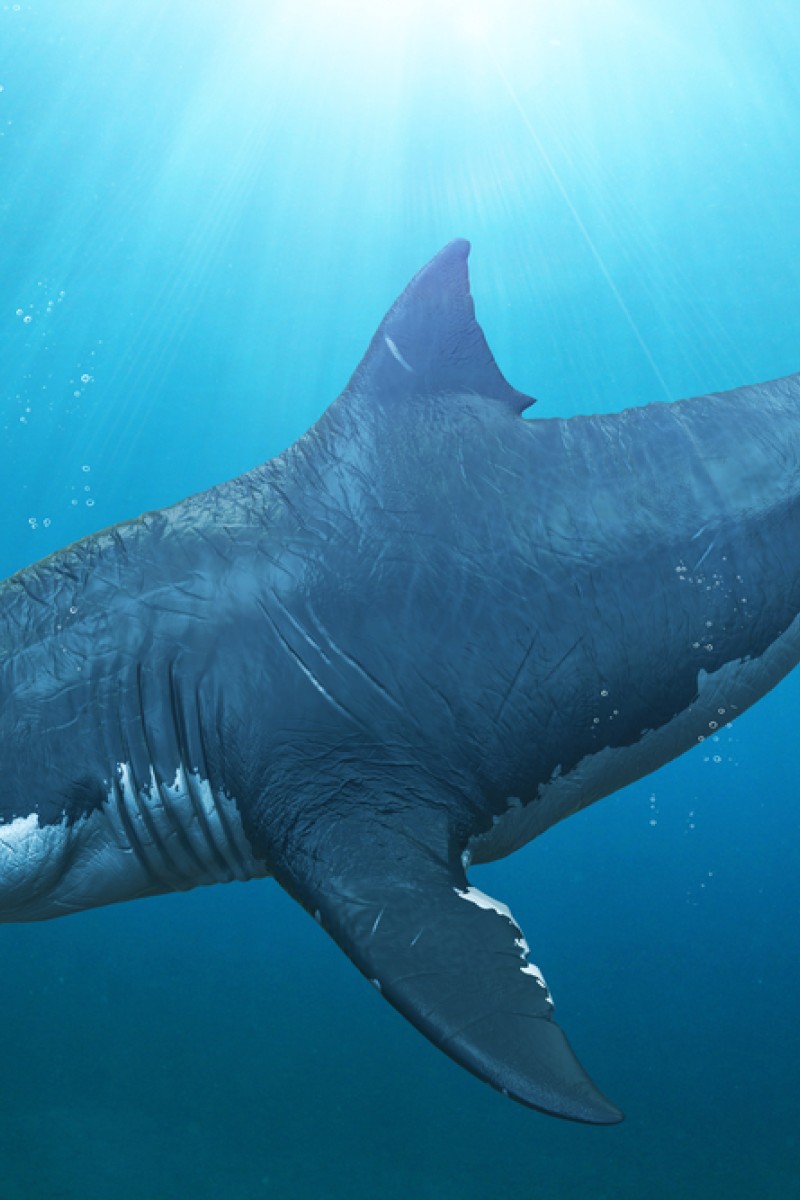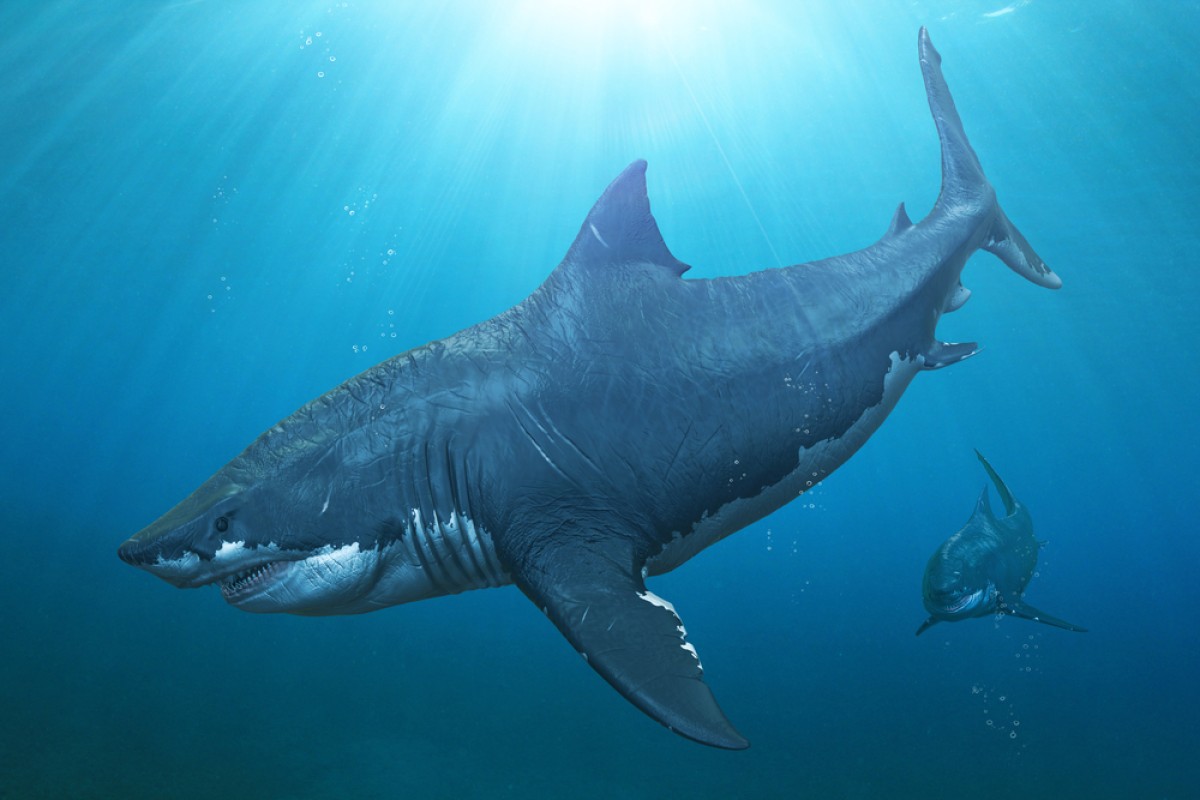
How Hollywood's depiction of sharks in films like 'The Meg' and 'Jaws' leads to unfounded fears, and harms the species in real life
These creatures have a pretty bad reputation on film, but here’s why we should think of them as friends.

Before you go to see sci-fi thriller The Meg this summer, it’s important to remember one thing: it’s a work of fiction. Not only are Megalodons (the giant shark in the film) extinct, but even if they weren’t, they, like present-day sharks, would much rather be eating their natural prey of marine mammals than humans.
Sadly, this fact tends to be forgotten, largely thanks to films that depict sharks as man-eating monsters. On the surface, this demonisation of the species may seem fairly harmless – beyond making a few beachgoers nervous of swimming in the sea. But in reality, these films can have seriously negative impacts on shark conservation.
When Jaws was released in 1975, it sparked a decades-long trend of increased hunting that reduced shark populations along the Eastern Seaboard of America by as much as 50 per cent, according to the Florida Programme for Shark Research in the US.
5 things to know about sharks before you see ‘The Meg’ movie
Nowadays, the bigger threat to sharks comes from commercial fishing, especially the shark finning industry. But even today, when we know so much more about the true nature of the animal, the negative depiction of them in films is contributing to their passing.
A 2014 study from Australia found that the way sharks are portrayed on the big screen was at least partially responsible for government-sanctioned hunts of “dangerous” species between 2010 and 2014.
Hollywood blockbusters aren’t solely to blame. Ironically, shark documentaries also contribute to this problem by choosing scary music for their soundtracks. A study in 2016, published in the scientific journal Plos One, found that people who watched shark documentary footage accompanied by scary music were more likely to view sharks negatively than people who watched it with happy or no music, even when the sharks weren’t doing anything threatening or scary.
We must stop the cruel and outdated practice of hunting sharks for shark fin soup
The reality is that sharks as a whole do not actively target humans as prey. Hunting demands a lot of energy, so most large sharks require a high-fat diet to get enough energy to make the hunt worthwhile. With our thin, bony bodies, humans just don’t provide a good enough meal.
Most so-called “attacks” are cases of sharks simply being curious. Biting is one of the main ways in which sharks find out what unfamiliar objects are. Once they realise that an object isn’t edible, they release it and leave it alone. It’s just unfortunate that when this object is a human, it can cause serious injuries and this is what most “attack” victims die from. However, the chances of even being bitten by a shark, much less killed by one, are very low. According to the International Shark Attack File – a global database of all known shark attacks – only 155 attacks were recorded worldwide in 2017, and of those, only five were fatal. That’s not a lot, given the millions of people that swim in the sea every year.
Ironically, killing sharks puts us in greater danger than leaving them alive does. As top predators, sharks help to control the populations of many other species, including those that could do serious damage to the fishing industry if left unchecked. The loss of sharks from the Eastern Seaboard, for example, lead to an increase in ray numbers. As rays feed mainly on shellfish, local scallop fisheries were devastated. Another study published in Ecological Informatics in 2016 indicated that killing sharks could worsen climate change, as an increase in the numbers of smaller fish could lead to more carbon dioxide being released through respiration.
So when you’re squirming in your cinema seat watching The Meg, remember this: film sharks may be foes, but real sharks are our friends.